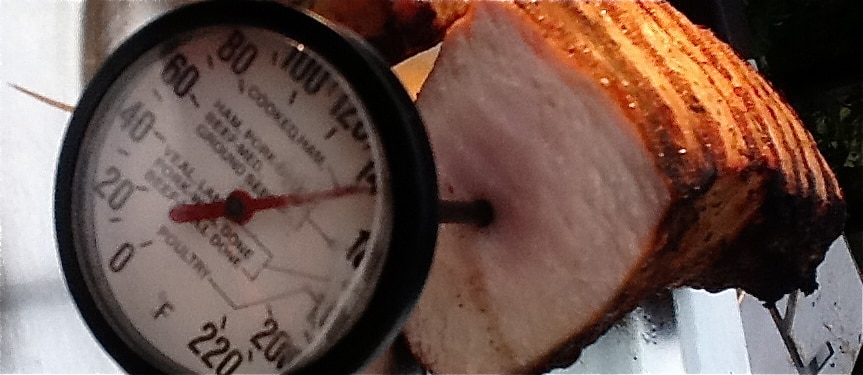The anti-inflammatory effect of plant-based diets is about more than just the power of plants. It’s also the avoidance of animal foods. In my blog last week, Treating Crohn’s Disease With Diet, I profiled the extraordinary power of even a semi-vegetarian diet to calm inflammatory bowel disease. We’ve known for 14 years that a single meal of meat, dairy, and eggs triggers an inflammatory reaction inside the body within hours of consumption. This results in a stiffening of our arteries (you can see the arterial response curve in my 4-min. video The Leaky Gut Theory of Why Animal Products Cause Inflammation). Within 5 or 6 hours, the inflammation starts to cool down, but then what happens? Lunchtime! At that point we can whack our arteries with another load of animal products for lunch. In this routine, we may be stuck in a chronic low-grade inflammation danger zone for most of our lives. This can set us up for inflammatory diseases such as heart disease, diabetes, and certain cancers one meal at a time.
What exactly is causing the meat-induced inflammation? Inflammation is an immune response to a perceived threat, but what’s the body attacking? At first, scientists thought it might be the animal protein, which is thought to be the culprit in certain types of arthritis. However, similar inflammatory reactions were triggered by whipped cream, which is mostly just animal fat. After digging deeper, investigators discovered that after a meal of animal products one’s bloodstream becomes soiled with bacterial toxins known as endotoxins. No wonder there’s so much inflammation! But where are the endotoxins coming from?
Endotoxins come from bacteria. Where are there lots of bacteria? In our gut. Thus, researchers figured that maybe the saturated animal fat was causing our gut lining to become leaky, allowing our own bacteria to slip into our blood stream. Experiments on mice showed that indeed saturated fat made their guts leaky, so for years this was the prevailing theory as to why animal products caused inflammation within hours of consumption. Only recently did researchers realize this didn’t make any sense.
In my 2-min. video The Exogenous Endotoxin Theory, I illustrate the critical flaw to the leaky gut theory: the time scale. The rise in inflammation after a meal of meat, dairy, and eggs starts within just an hour of ingestion, but our gut flora aren’t in our small intestine–rather, twenty feet farther down in our large intestine. It can take food hours to get down there, so what was going on? If the bacterial endotoxins were not coming from our gut, maybe they were coming from the food.
For the first time ever, 27 common foodstuffs were tested and they found endotoxin equivalents in foods such as pork, poultry, dairy, and egg products, as well as certain fermented foods. Can endotoxins be cooked out of the meat? Find out in the final wrap-up video in the series, Dead Meat Bacteria Endotoxemia.
Saturated fat also appears to have other deleterious effects such as increasing the risk of heart disease (see Blocking the First Step of Heart Disease and Tolerable Upper Intake of Zero) and shortening the lives of breast cancer survivors (Breast Cancer Survival, Butterfat, and Chicken). For more on foods that fight inflammation, see my videos Fighting Inflammation in a Nut Shell and Anti-Inflammatory Effects of Purple Potatoes.
-Michael Greger, M.D.
